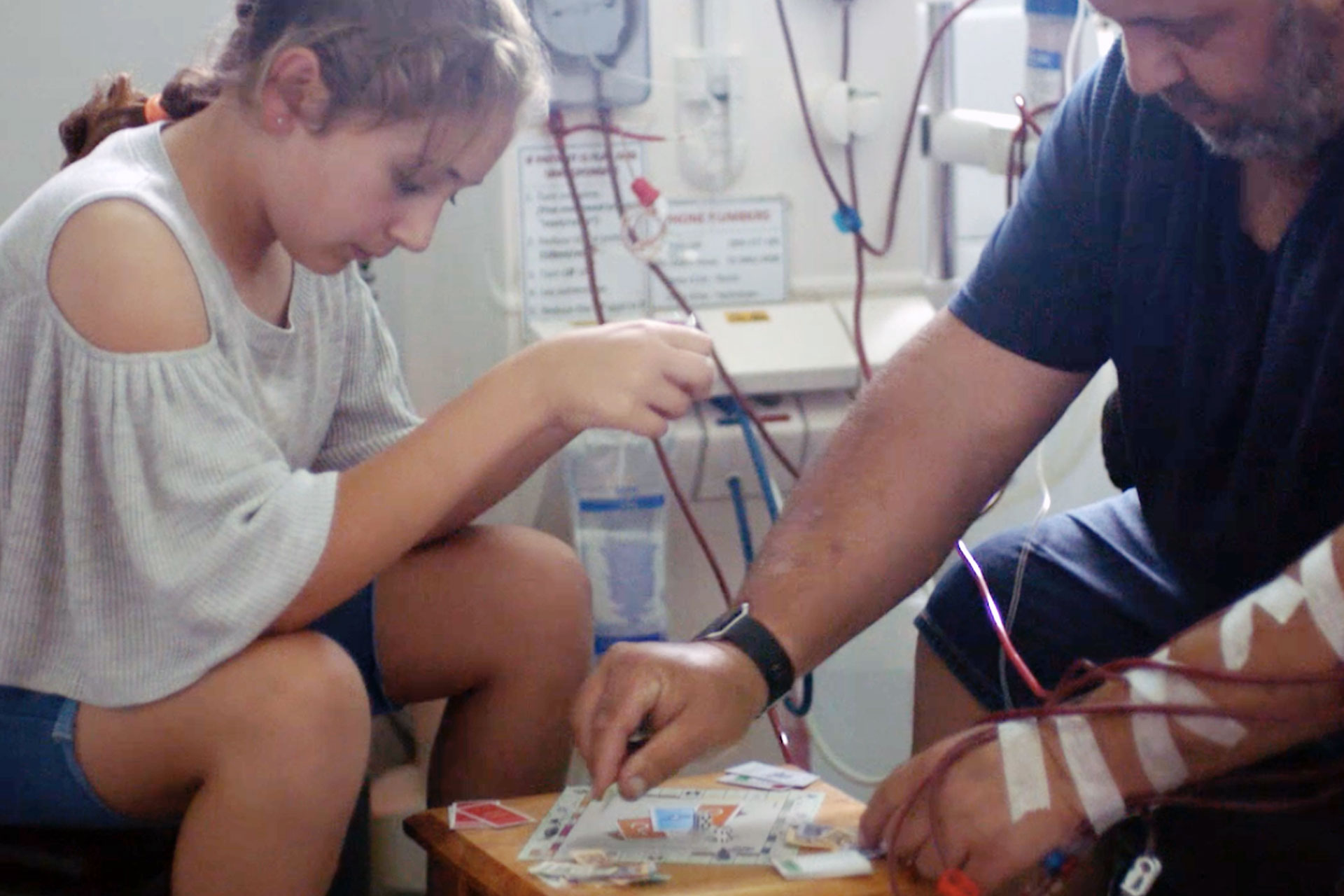-
Victoria is the latest state to announce a mandatory kilojoule labelling scheme, with new laws to be introduced requiring ‘fast food’ outlets to display kilojoule contents on their menus.
The new laws will require large chain food outlets and large supermarkets to display the kilojoule content of food and drinks on menus, menu boards, price tags and online menus.
The proposed scheme will apply to large food chain businesses that have 20 or more outlets in Victoria, or 50 or more outlets nationally.
Evidence shows kilojoule labelling is effective
Similar kilojoule labelling schemes have been introduced in New South Wales, South Australia, ACT and recently agreed to by the Queensland Parliament.
International and Australian evidence shows kilojoule labelling is effective in reducing the kilojoules consumed per meal, by allowing them to compare the kilojoule content of meals within and between fast food outlets, and make healthier food choices.
In New South Wales, an evaluation of kilojoule labelling laws found there was a 15 per cent reduction in the kilojoule content of food purchased by people after the labelling laws took effect.
Fast-food culture driving obesity
The average Australian eats-out more than four times a week, and almost half these meals are energy dense take-away meals such as burgers, chickens, pizzas, noodles and bakery items.
Add this to the fact that portion sizes are increasing – and many of us may be eating far too many kilojoules without realising it.
Victorian Minister for Health Jill Hennessy says the scheme will help ensure Victorians and their families have the right information to make healthier food choices.
“Many people are unaware that a single fast-food meal may contain most of an adult’s daily kilojoule intake,” says Victorian Minister for Health Jill Hennessy.
Building healthier eating habits
With two thirds of Australians now overweight or obese, and the latest Medibank Better Health Index revealing these levels are on the rise, mandatory kilojoule labelling is important step forward – but more needs to be done to encourage healthier eating habits.
Dr Linda Swan, Medibank’s Chief Medical Officer, says Medibank is committed to building better health and is the principal partner of the Stephanie Alexander Kitchen Garden Foundation, which supports schools and early learning centres to teach children healthy eating habits.
“We want a healthier future for the next generation, and so it’s vital that we increase awareness and take-up of healthy habits so our children are placed in good stead for a healthy adulthood,” says Dr Swan.
“We all need to work together if we’re going to reverse the trend of obesity, and Medibank is absolutely committed to helping to build the future health of the next generation.”
Find out more about the eating habits of Australians.
Kilojoule labelling leads to healthier choices

-
Innovating for members living with chronic disease
Medibank is supporting our members living with chronic diseases such as heart disease, arthritis, and diabetes, through our CareComplete programs.
-
Medibank’s palliative care at home trial
Giving our customers choice in where they would like to receive their end-of-life care can provide dignity, privacy and help them retain control over the care they receive.
-
How your phone habits affect your sleep
And what it means for your mental health, hormones and more.
-
Medibank trialling haemodialysis at home
Giving members with chronic kidney disease more choice
-
The origins of western and eastern medicine
Two schools of thought explained
-
Almost half of hospital patients are looking for more support
Find out how Medibank is helping.
Subscribe to receive the best from Live Better every week. Healthy recipes, exercise tips and activities, offers and promotions – everything to help you eat, move and feel better.
By clicking sign up I understand and agree to Medibank's privacy policy





